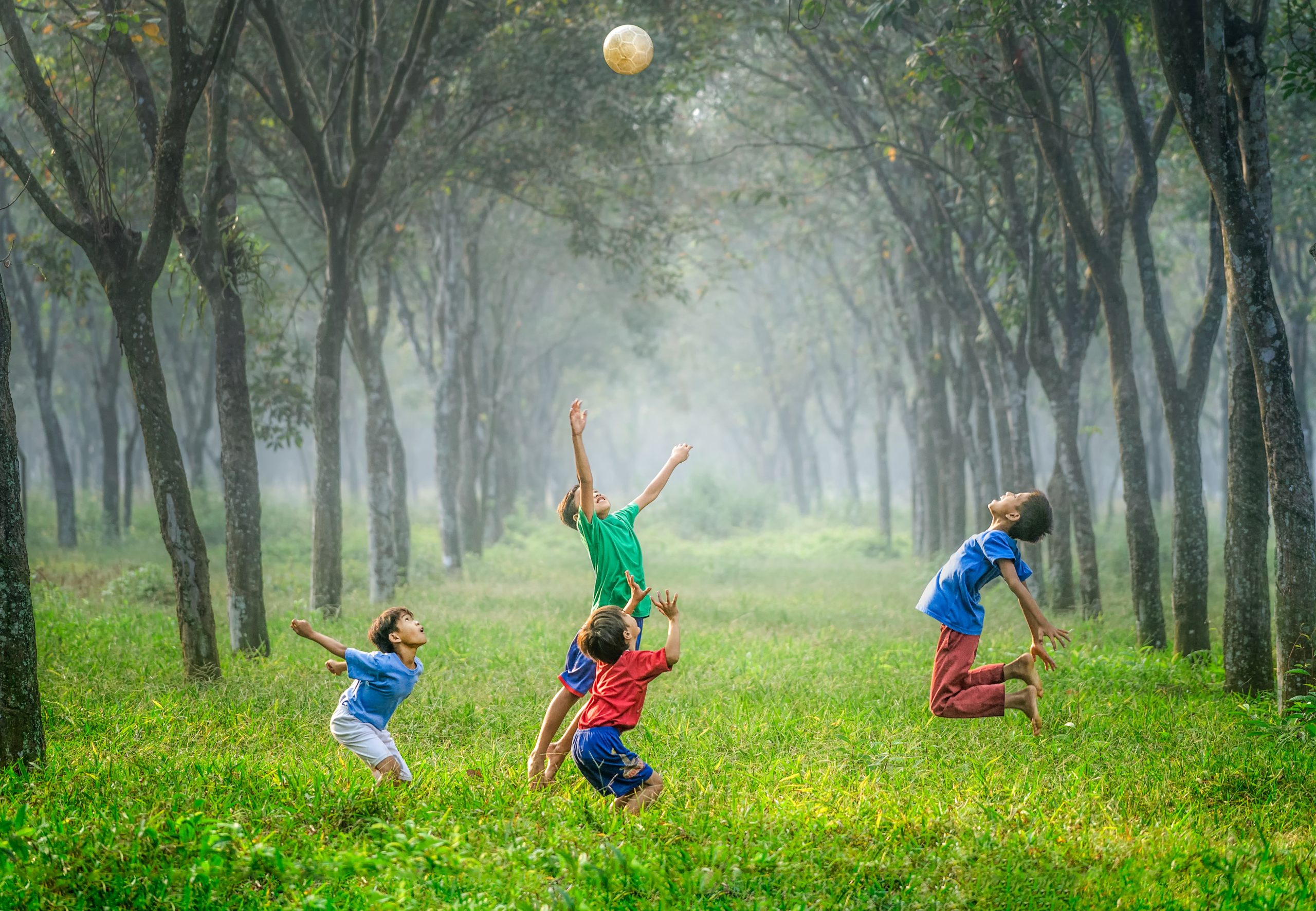
Exercise for Developmental Delay
Have you been noticing your child isn’t reaching milestones such as sitting, crawling or walking when compared to other children their age?
Is your child struggling with every day tasks such as dressing, showering or eating?
Does your child appear to be ‘clumsy’?
Your child might be presenting developmental delay. If so, it may be appropriate for your child to see a Physiotherapist or Exercise Physiologist to aid with your child’s development.
What is Developmental Delay?
Developmental delay is when a child does not reach certain developmental milestones at a time or age that is expected. Developmental milestones are actions that children develop in certain age ranges. For example, crawling, standing and walking. These may affect a child’s speech, movement, communication and social skills. Today we will focus solely on gross motor (movement) delays.
Children achieve developmental milestones in an ordered fashion over time. All children develop at different rates and have different strengths and weaknesses which can make developmental delay difficult to diagnose.
Exercise treatment will focus on improving motor developmental milestones such as rolling, sitting, crawling, walking and motor skills such as balance, strength and coordination. The aim of treatment to increase physical development by helping children achieve their milestones as soon as possible.
Signs of Motor Developmental Delay
Motor or movement delays impact a child’s ability to use their muscles and involve fine and gross motor skills. Gross motor relates to the large muscles in arms, legs and body and are important for everyday activities such as walking, lifting and maintaining posture. Fine motor relates to the smaller muscles of the body, commonly in the hands which are important for handwriting and the ability to grasp objects. Some of the common motor delays include:
- Not reaching developmental milestones at the expected age such as rolling, sitting, crawling and standing
- Reduced muscle tone and mass when compared to peers
- Stiffness in limbs
- One sided weakness of the body
- Difficulty with walking and running
- Demonstrating ‘clumsy’ movement when compared to peers
Exercise treatment will improve a child’s motor skills by addressing the specific deficits that have been identified by an assessor.
When should I be concerned?
With appropriate exposure, most children will develop and meet their milestones. However, if you notice that your child is not meeting milestones compared to their peers, a paediatric assessment is recommended. Important additional signs to be aware of include floppiness of the limbs, stiff legs and arms, limited range of movement in limbs and difficulty supporting on weight through legs. The earlier the intervention the better, so if you are concerned, seeking early advice is highly recommended.
How can Exercise Physiology/ Physiotherapy help?
Exercise sessions will focus on improving a child’s ability to learn how to complete important movements and will improve their capacity to meet milestones such as walking and balance. Exercise therapy will focus on:
- Promoting normal patterns of movement
- Achieving important milestones
- Increasing muscle strength
- Improving balance and coordination
- Improving quality of life
- Promoting independence with activities of daily living
Specific treatments may involve:
- Exercise focussed on increasing mobility and improving milestone related movements
- Exercises to reinforce quality of movement
- Exercise to increase your child’s proprioception
- Exercise to increase muscle strength and control
- Exercise to encourage weight shifting, rotation, coordination and balance.
- If necessary; hydrotherapy treatment to help relax stiff muscles and reduce load on joints
We understand that each child experiences different challenges and has different strengths, so we ensure our treatment individualised to your child’s needs.
If you have any questions about developmental delay, book online or call us on 07 3352 5116 to see our Exercise Physiologist today!



